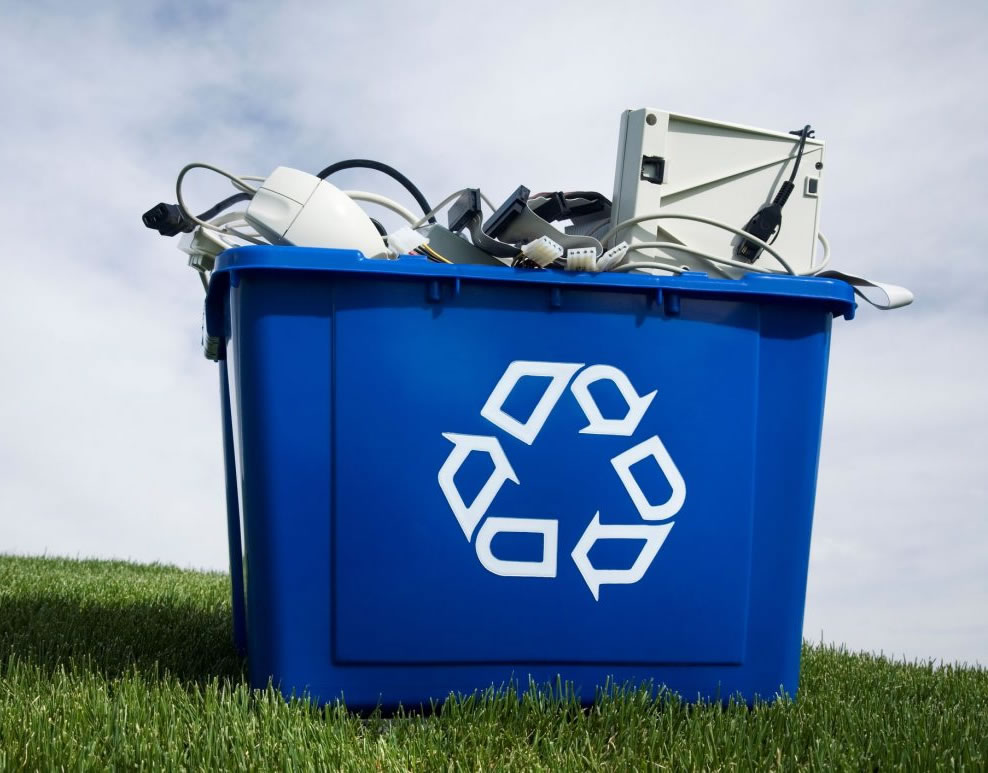

JAN 31, 2025
We’re a quarter of the way through the first century of the new millennium, and we’ve got quite a mess to clean up. A new year brings new opportunities to make better choices for ourselves and the planet. While achieving zero waste at a national level is a massive challenge, households have the power to make meaningful changes.
With a little planning, dedication, and mindfulness, we can significantly reduce our waste footprint by focusing on three core principles: reducing, reusing, and recycling. While this goal might seem overwhelming, it is absolutely achievable with the right mindset and practical steps.
In this brief article brought to you by the scrap metal buyers at RCM Recycling, we offer an abridged guide on how you can contribute to a more sustainable future.
Zero waste is more than just a trend; it’s a commitment to sending as little as possible to landfills. It means making conscious decisions about consumption, opting for sustainable alternatives, and ensuring that waste is either repurposed, composted, or recycled properly.
Don’t be overwhelmed. The goal is not perfection but progress; every small change contributes to a larger impact.
The most effective way to achieve zero waste is to reduce the amount of waste we generate in the first place. This begins with being more mindful about what we buy and choosing quality over quantity:
Before buying something, ask yourself if you truly need it or if there’s a sustainable alternative. Borrowing, renting, or repurposing items can save money and resources.
Reuse: Give Items a Second Life
Reusing extends the life of products and keeps them out of landfills.Some ways to incorporate reuse into daily life include:
Recycle: Responsibly Dispose of Waste
Recycling is a vital part of a zero-waste lifestyle, but it’s important to do it correctly. Contaminated recycling can be counterproductive and end up filling landfills instead. Here’s how to recycle more effectively:
Organic waste such as food scraps, yard waste, and even some paper products can be composted to create nutrient-rich soil for gardening. If you have a backyard compost pile or use an indoor composting bin, diverting organic waste from landfills to these compost containerswill reduce methane emissions and enrich soil health.
Extracting new metals is a highly destructive and energy-intensive process. It’s not just about carbon emissions; mining operations contribute to deforestation, soil erosion, and water pollution.
With scrap metal recycling, we conserve natural resources, decrease greenhouse gas emissions, and minimize landfill waste. Recycling aluminum, for instance, saves up to 95% of energy compared to producing it from raw.
Have a pile of scrap metals in Mcdonough, GA to recycle? Contact RCM Recycling to get a price quote and even have your large batch picked up.